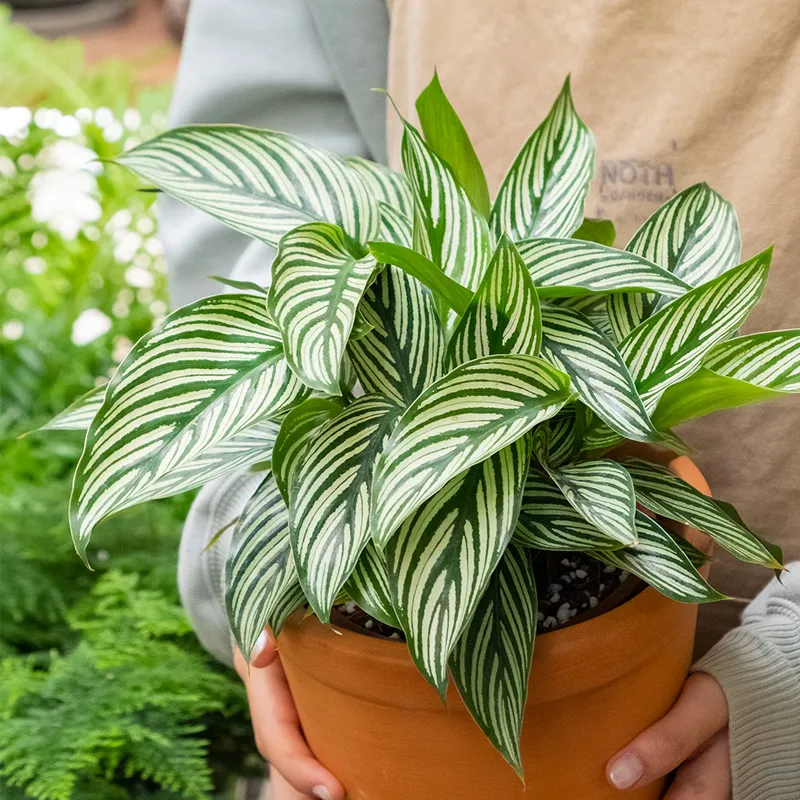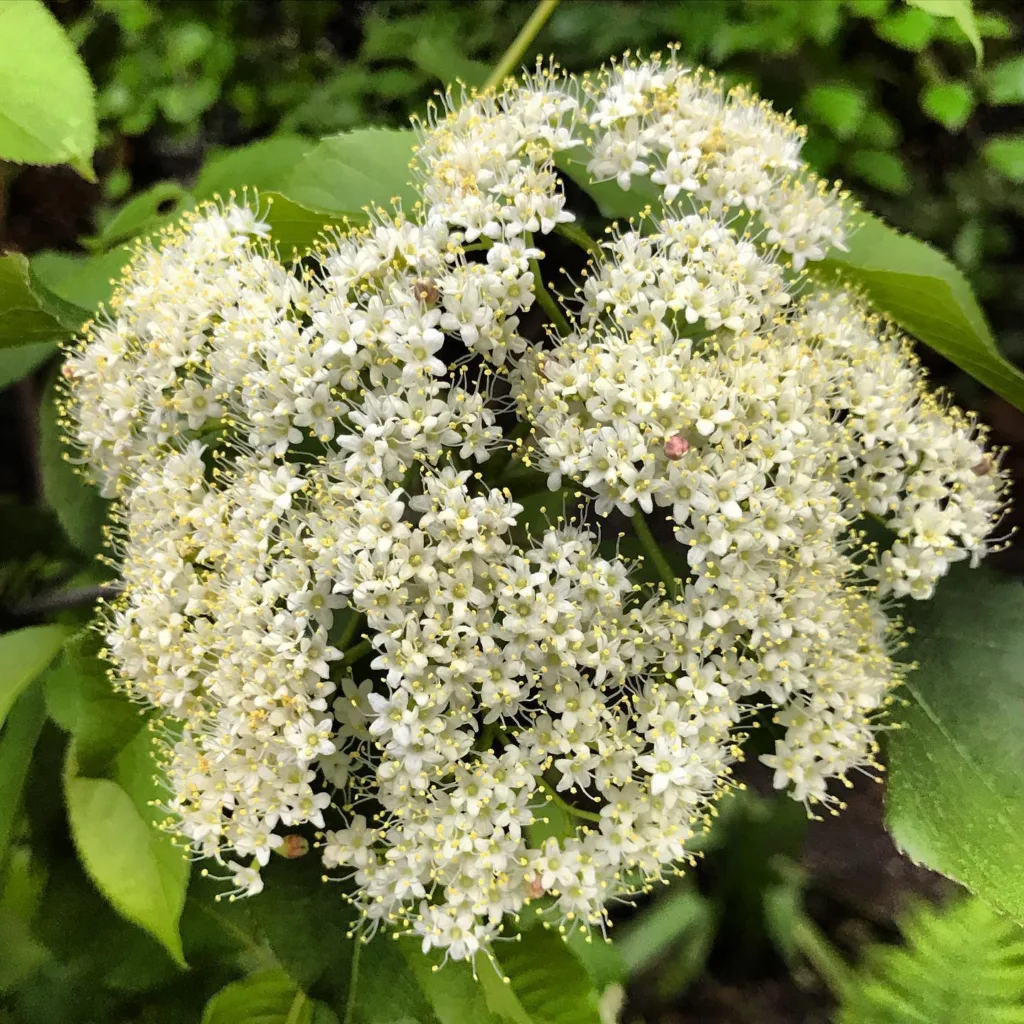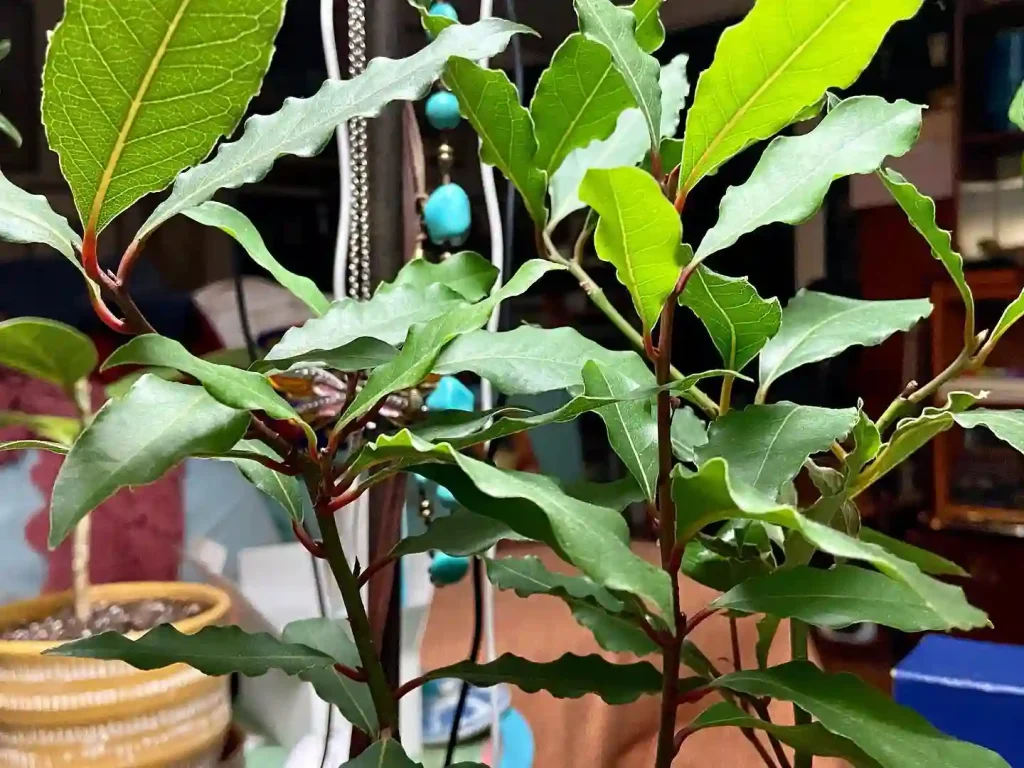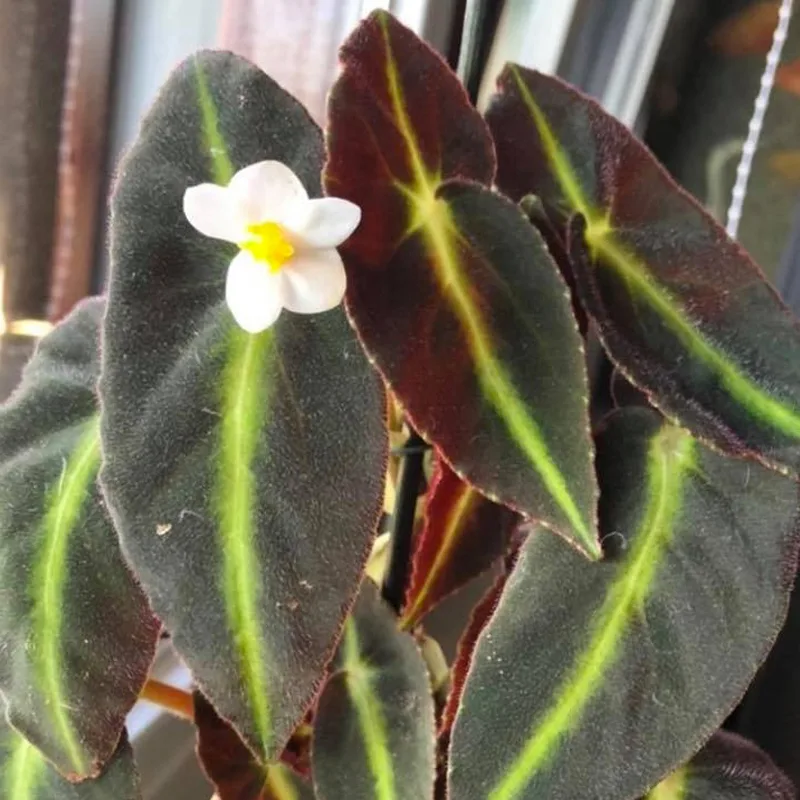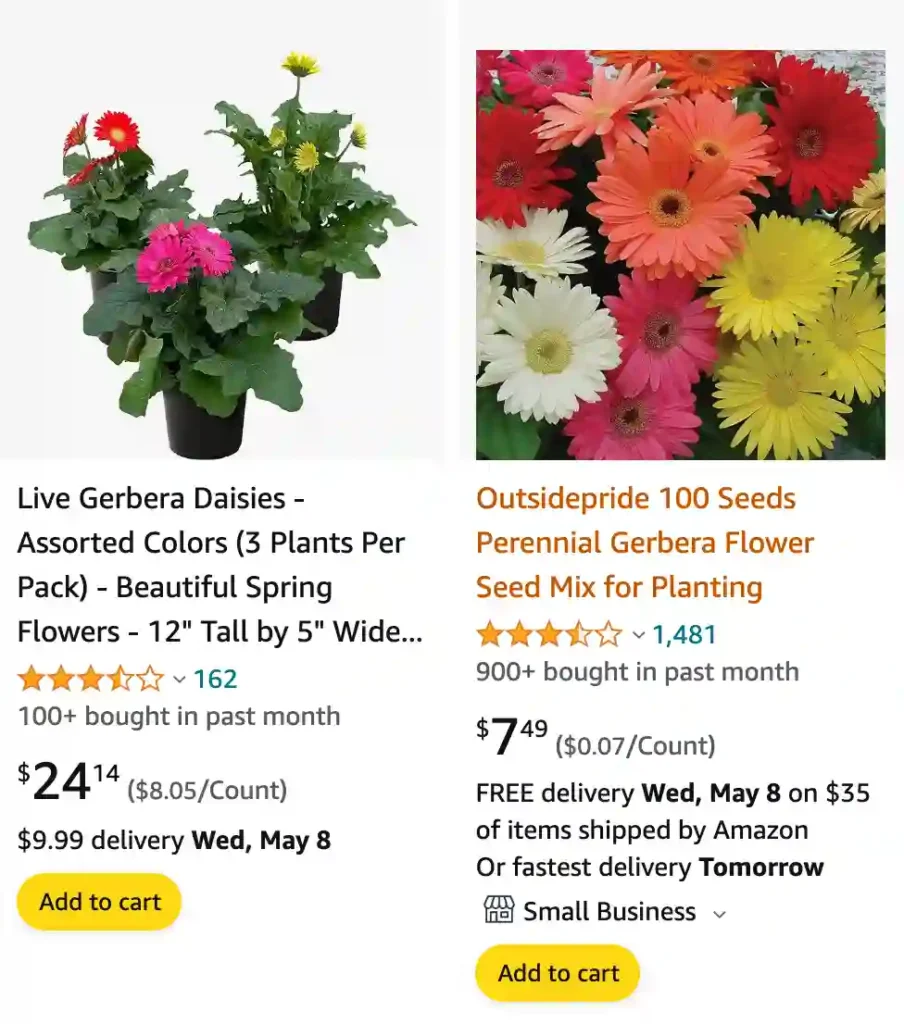
What do gerbera daisy seeds look like?
Gerbera daisy seeds are tiny little things, almost like little flecks of dust in your hand. When I first saw them, I was surprised by how small they were. They’re usually dark in color, like a deep brown or black, and they have this almost papery texture to them. It’s fascinating to think that from such small, delicate seeds, you can grow these beautiful, vibrant flowers. Whenever I handle gerbera daisy seeds, I can’t help but feel a sense of anticipation and wonder about what they’ll become.
Can you over winter gerbera daisies?
Yes, you can definitely overwinter gerbera daisies, but it can be a bit tricky depending on your climate. I’ve tried it a couple of times, and I’ve found that it’s best to bring them indoors if you live in an area where winters are particularly harsh. I remember the first time I attempted to overwinter them outside; unfortunately, the cold temperatures proved too much for them, and they didn’t survive. Since then, I’ve learned to bring them inside before the first frost hits. I find a sunny spot for them near a window, and with proper care, they usually do well throughout the winter months. It’s a bit of extra effort, but it’s worth it to see those beautiful blooms again in the spring.
How to deadhead gerbera daisies?
Deadheading gerbera daisies is a task I’ve grown quite accustomed to over the years. When the blooms start to fade and wither away, I gently pinch them off right at the base of the flower stem. I remember when I first started gardening, I was a bit hesitant about doing it, fearing I might damage the plant. But after a bit of practice, I realized how simple and beneficial it is for encouraging new blooms. It’s almost therapeutic, really, to spend some time in the garden, tending to the plants and helping them look their best. Plus, deadheading not only keeps the gerbera daisies looking tidy but also promotes healthy growth and prolongs the flowering season, which is always a plus in my book.
Why are my gerbera daisies drooping?
When my gerbera daisies start drooping, it’s usually a sign that they’re not getting enough water or sunlight. I remember one time when I noticed them looking a bit sad and droopy, and after checking the soil, I realized it was bone dry. It’s essential to keep the soil consistently moist but not waterlogged, especially during hot summer days. Additionally, I’ve learned that gerbera daisies thrive in bright, indirect sunlight, so if they’re not getting enough light, they can start to droop. Sometimes, though, it can also be a sign of root rot if they’ve been overwatered or if the soil isn’t well-draining. It’s all about finding the right balance of water, sunlight, and soil conditions to keep them happy and healthy.
Are gerbera daisies poisonous to cats?
Yes, gerbera daisies are indeed toxic to cats. I’ve always been cautious about keeping them out of reach of my feline friends because I know that if they were to nibble on the leaves or flowers, it could lead to digestive issues or even more severe symptoms. It’s something I learned early on in my gardening journey when I first brought home a bouquet of gerbera daisies and did some research on pet-safe plants. Since then, I’ve made sure to keep them in areas where my cats can’t access them, ensuring the safety of both my plants and my furry companions.
Are gerbera daisies poisonous to dogs?
Yes, gerbera daisies are considered toxic to dogs as well. I remember being surprised to learn this when I first started gardening, as I had always associated these cheerful flowers with happiness and beauty. However, I quickly realized the importance of being cautious, especially when it comes to the safety of my pets. If a dog ingests any part of a gerbera daisy, it can lead to gastrointestinal upset, including symptoms like vomiting and diarrhea. So, just like with cats, I’ve made sure to keep my gerbera daisies in areas where my dogs can’t reach them, ensuring a safe environment for both my plants and my beloved pets.
Do deer eat gerbera daisies?
Deer have never been a significant issue for me when it comes to my gerbera daisies. In fact, I’ve found that deer tend to avoid them, which is a relief considering how much time and effort I put into cultivating those vibrant blooms. I’ve heard that deer typically prefer plants with softer foliage or sweeter flowers, so gerbera daisies, with their thick, leathery leaves and less aromatic blooms, don’t seem to be as appealing to them. Nonetheless, it’s always a good idea to remain vigilant, especially if you live in an area with a large deer population, as their feeding habits can vary depending on factors like food availability and seasonal changes.
How to pronounce gerbera daisy?
The pronunciation of “gerbera daisy” is typically pronounced as “GER-buh-ruh DAY-zee.” The emphasis is placed on the first syllable of “gerbera” and the first syllable of “daisy.” It’s a lovely name for such beautiful and colorful flowers!
Do rabbits eat gerbera daisies?
Rabbits can be quite pesky when it comes to munching on garden plants, but thankfully, gerbera daisies don’t seem to be one of their favorites. From my experience, rabbits tend to avoid gerbera daisies, perhaps because of their thick, tough leaves and less appealing taste compared to other plants. However, it’s always a good idea to keep an eye on your garden and take precautions if you notice any signs of rabbit activity, such as nibbled leaves or stems. Using fencing or repellents can help deter rabbits from feasting on your prized flowers.
Do squirrels eat gerbera daisies?
Squirrels can sometimes be a nuisance in the garden, but fortunately, they don’t seem to have much interest in munching on gerbera daisies. I’ve noticed that they tend to prefer nuts, seeds, and fruits over flowers like gerbera daisies. However, it’s always a good idea to monitor your garden for any signs of squirrel activity, especially if you live in an area with a high squirrel population. Taking preventive measures like using barriers or repellents can help protect your gerbera daisies and other plants from curious squirrels.
